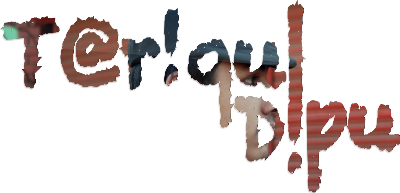২১শে ফেব্রুয়ারী আন্তর্জাতিক মাতৃভাষা দিবসে গুগল এর হোম পেজ এ শহীদ মিনার দেখতে চাইলে আজই মেইল করুন। সবাই ছবিটি নিজ প্রোফাইলে শেয়ার করুন এবং বন্ধুদের মেইল করতে বলুন। নিয়মাবলী নিচে দেয়া হলঃ
গুগল ডুডল প্রোপোজাল লেটারঃ
১. আপনার জিমেইল একাউন্টে লগইন করুন। জিমেইল না থাকলে নিজের নাম দিয়ে নতুন জিমেইল একাউন্ট করে নিন।
২. এবার মেইল কম্পোজ কমান্ড দিন। তারপর...
৩. To (বরাবর)-এ: proposals@google.com লিখুন।
৪. Subject-এ: Request Google Doodle for 21 February - International Mother Language Day লিখুন।
৫. Description-এ:
Dear Doodle Team,
Please give a Doodle for 21 February - International Mother Language Day.
For instance please have a look of these URL’s for consideration that this day had already been got international recognition:
UNESCO Link: http://goo.gl/q88xW
United Nation Link: http://goo.gl/xMcsf
Wikipedia Link: http://goo.gl/9Xikq
We wished to select a doodle logo for our own made, if you wish to select please take a look for it at attachment. If you want to redesign the Doodle it will be appreciated too.
Thanks
Your Name (আপনার পুরো নাম ইংরেজীতে)
A Proud Citizen of Bangladesh.
৬. এই Link থেকে ডুডল প্রতিযোগীতায় বিজয়ী লোগোটি ডাউনলোড করে নিন এবং এ্যাটাচমেন্টে আপলোড করে দিন। ব্যাস্! এবার সৃষ্টিকর্তার নাম দিয়ে সেন্ড করুন। :-)
















